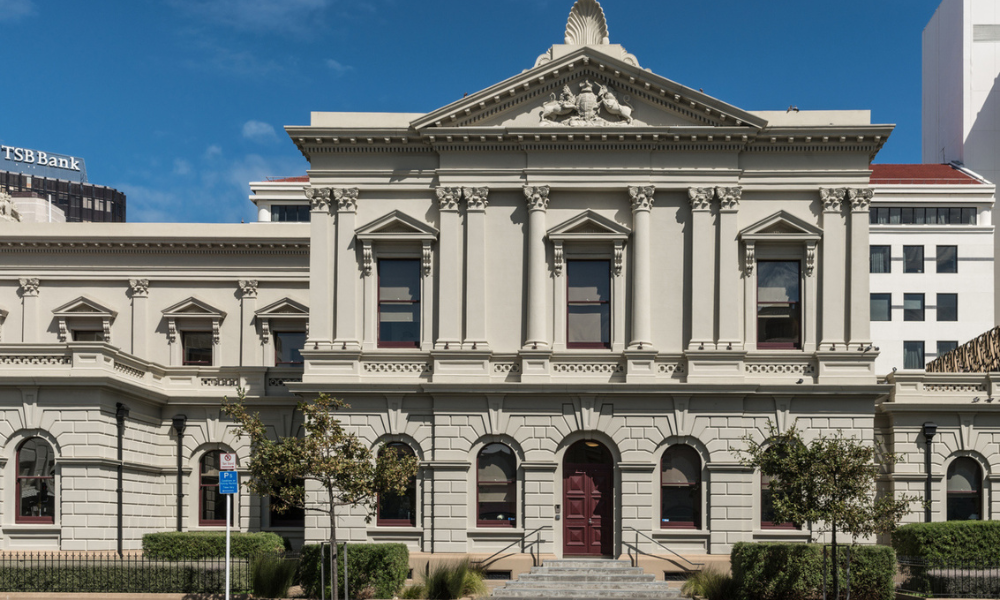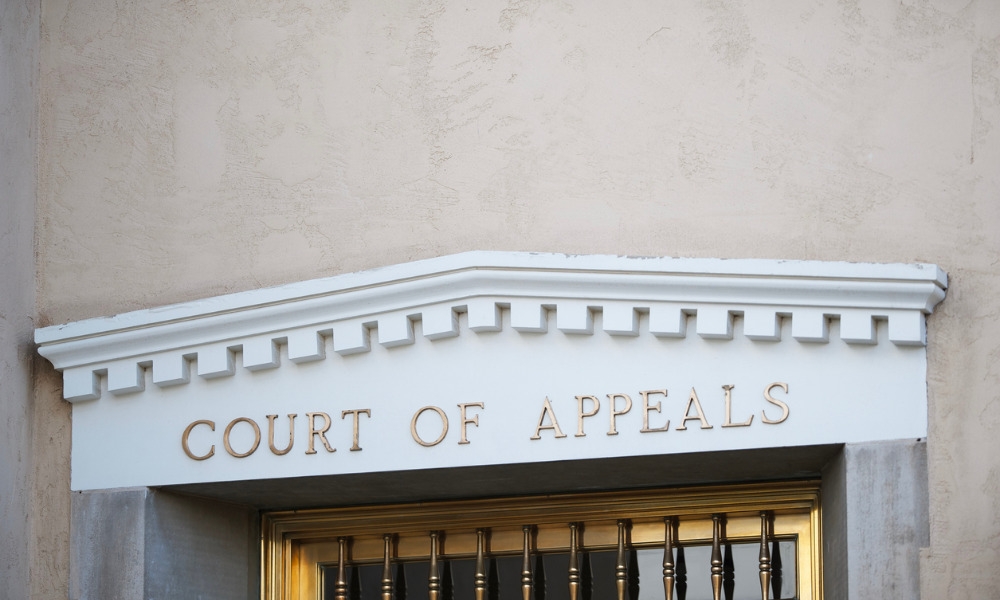The applicant claimed entitlement to an amount that exceeded the bank's claim

The Supreme Court has rejected an application for leave to appeal in a property dispute case against the Bank of New Zealand (BNZ).
The Supreme Court upheld the decision of the High Court, which entered summary judgment in favour of BNZ for $493,729.73 plus interest. The applicant, Wenyue He, obtained a loan from BNZ totaling $3.21m. The judgment amount reflected the outstanding sum owed by He to BNZ after a mortgagee sale of a property in Auckland owned by He. The loans were secured by the Auckland property. The property's ownership was transferred from He personally to joint ownership with a company, Bella Trustee 130701 Ltd, acting as trustees of the Queen's Trust.
Following a payment default, BNZ initiated enforcement action in November 2018, culminating in a mortgagee sale. Despite attempts to facilitate potential purchasers' access to the property during the sale process, no access was available. Six offers were received during the tendering process, with the property eventually selling for $2.01m in August 2019.
He resisted summary judgment, claiming entitlement to an amount exceeding BNZ's claim. He argued that BNZ had not properly served its notice under s. 119 of the Property Law Act 2007 and had not taken reasonable care in the mortgagee sale process.
The Supreme Court dismissed He's claims, ruling that He’s agent, Mr. Yuan, had ostensible authority to accept service on behalf of He. Additionally, the court rejected the argument that Bella, which had been removed from the register, needed to be served.
Regarding compliance with the duty to take reasonable care in the sale process, the court concluded that He could not establish a breach of that duty at trial. The court highlighted the availability of information about the property on various websites and deemed the final sale price reasonable.
He sought leave to appeal, arguing that the question of effective service raised general or public importance. However, the Supreme Court ultimately disagreed, stating that no questions of general or public importance or general commercial significance arose.








